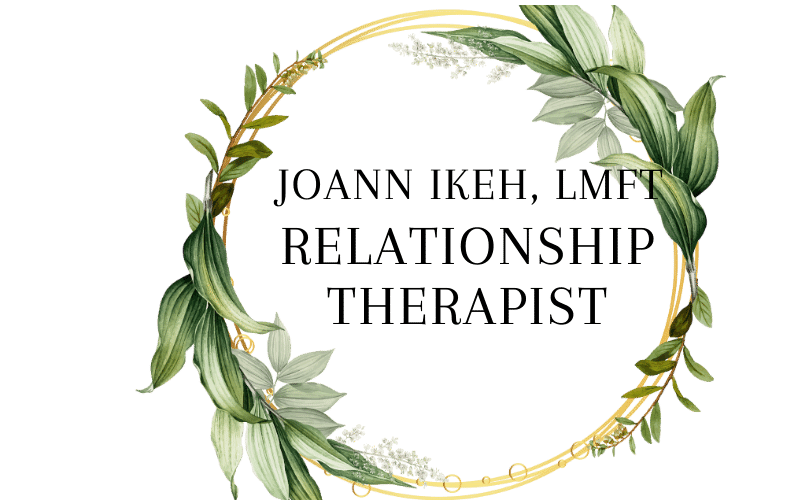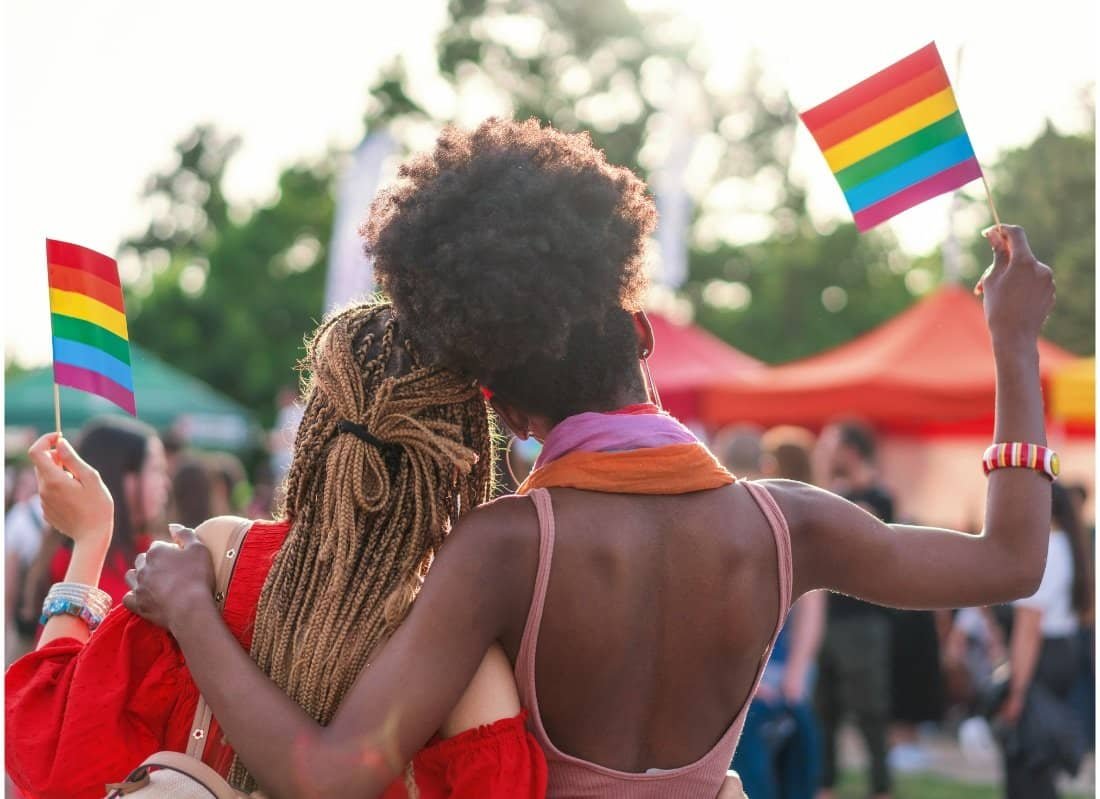Navigating Queer Relationship Issues: Embracing Love and Overcoming Challenges
The queer community has made tremendous strides in recent years towards achieving equality and recognition. However, despite this progress, many individuals within the community continue to face unique challenges in their relationships. Discrimination, societal pressures, and lack of understanding can often complicate LGBTQ+ relationships. In this article, we will explore some of the specific issues that LGBTQ+ couples may encounter and provide insights on how to address them.
Coming Out:
One of the fundamental challenges faced by queer individuals in relationships is the process of coming out. Coming out to family, friends, and colleagues requires immense courage and vulnerability. Moreover, when one partner is ready to come out and the other is not, it can lead to tensions and uncertainty within the relationship. It is crucial for both partners to communicate openly, respect each other's timelines, and provide support during this process.
External Stigma and Discrimination:
Queer relationships often face external stigmatization and discrimination, which can place strain on the couple. Homophobic or transphobic attitudes can result in emotional distress, isolation, and sometimes even physical harm. Building a strong support network of friends, allies, and LGBTQ+ organizations can provide solace and assistance in navigating these challenges. Additionally, educating others about the LGBTQ+ community can help combat misconceptions and foster acceptance.
Legal and Institutional Barriers:
In many parts of the world, LGBTQ+ couples face legal barriers and institutional challenges that their heterosexual counterparts do not encounter. Marriage equality, adoption rights, and access to healthcare are just a few areas where discriminatory laws and policies persist. Engaging in activism, supporting queer advocacy groups, and participating in legal efforts can contribute to effecting change and creating a more inclusive society.
Intersectionality:
Intersectionality is an essential aspect of queer relationships that must be acknowledged. Individuals within the LGBTQ+ community often face compounded discrimination due to their race, ethnicity, religion, or disability. These intersecting identities can create unique challenges and require an inclusive approach within relationships. Partners should strive to understand and support each other's experiences, being mindful of the diverse dimensions of their identities.
Mental Health and Well-being:
The queer community experiences higher rates of mental health issues, including anxiety, depression, and substance abuse. It is crucial for partners to prioritize their mental well-being and seek professional support when needed. Open communication, empathy, and validation within the relationship can provide a strong foundation for coping with these challenges. Individual and/or queer couples therapy can also be a helpful tool to navigate the stresses and challenges of societal pressures, discrimination and everyday relationship issues.
It is important to find people who support and accept you, and to be able to to be authentically you. Sometimes we get stuck replaying messages from society, parents, mentor, religious figures that have caused harm and we need to correct those messages for ourselves. Getting a therapist who can help you identify these internal destructive narratives and help you to rewrite your story can help you to build confidence and security in who you are and in your relationships.
Relationship Equality and Power Dynamics:
Like any relationship, Queer partnerships can experience power imbalances and conflicts. Addressing these dynamics requires open and honest communication, mutual respect, and shared decision-making. Challenging gender norms and expectations can create a more equitable relationship dynamic, allowing both partners to thrive and contribute to the partnership equally.
Queer relationships, like all relationships, require understanding, support, and resilience to navigate the unique challenges they face. By addressing issues such as coming out, external stigma, legal barriers, intersectionality, mental health, and power dynamics, couples can build strong foundations for enduring partnerships. Embracing love, fostering understanding, and advocating for LGBTQ+ rights will continue to pave the way for more inclusive and accepting societies.
If you are needing a supportive mental health professional to help you navigate your relationships individually or as a couple and you are located in Florida or California then I may be able to help you. If you’d like to book a free consult click the link below and connect with me to discuss the next steps.
Joann Ikeh, LMFT
www.onlinecouplecounseling.com



